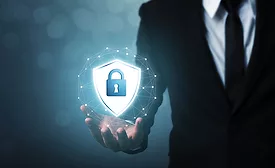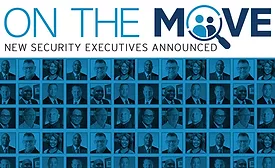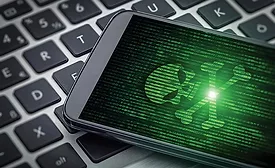Security & Business Resilience
Security Executives on the Move
Security executives on the move! Which industry leaders have recently begun new roles?
March 4, 2020
The Global Coronavirus and Your Response
Complacency with the Coronavirus kills, says this industry expert
March 3, 2020
Security Prepare to Combat Coronavirus
No one knows if Coronavirus could turn into a pandemic but, at this moment in time, this must be seriously considered.
March 2, 2020
Setting the Gold Standard in School Security
Mike Matranga at Texas City ISD is on a mission to become the safest school system in the nation, by arming guards, using facial recognition, bullet-resistant glass, tracking students with chip technology and employing mental health experts.
March 1, 2020
Cyber Tactics
Better Mobile Security with a Mobile Threat Defense Plan
What is a Mobile Threat Defense (MTD) and do you have one?
March 1, 2020
Cloud Security Risks Will Be a Top Concern for Organizations in 2020
Data Privacy Compliance, Business Continuity Management Also High Priorities
February 28, 2020
Sign-up to receive top management & result-driven techniques in the industry.
Join over 20,000+ industry leaders who receive our premium content.
SIGN UP TODAY!Copyright ©2026. All Rights Reserved BNP Media.
Design, CMS, Hosting & Web Development :: ePublishing
















